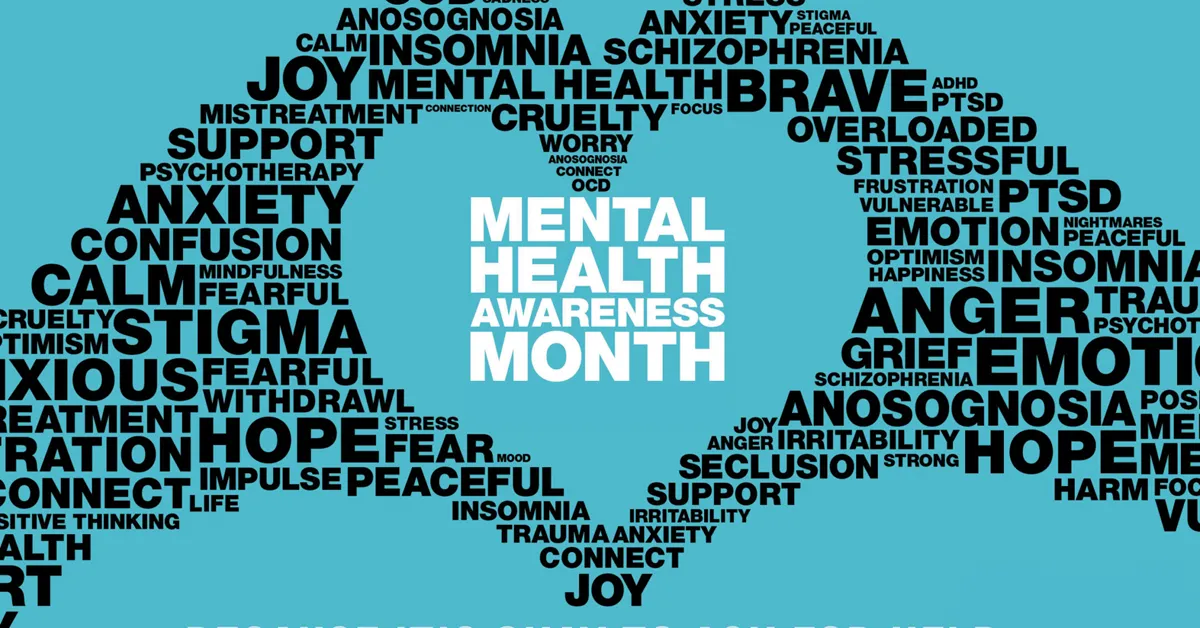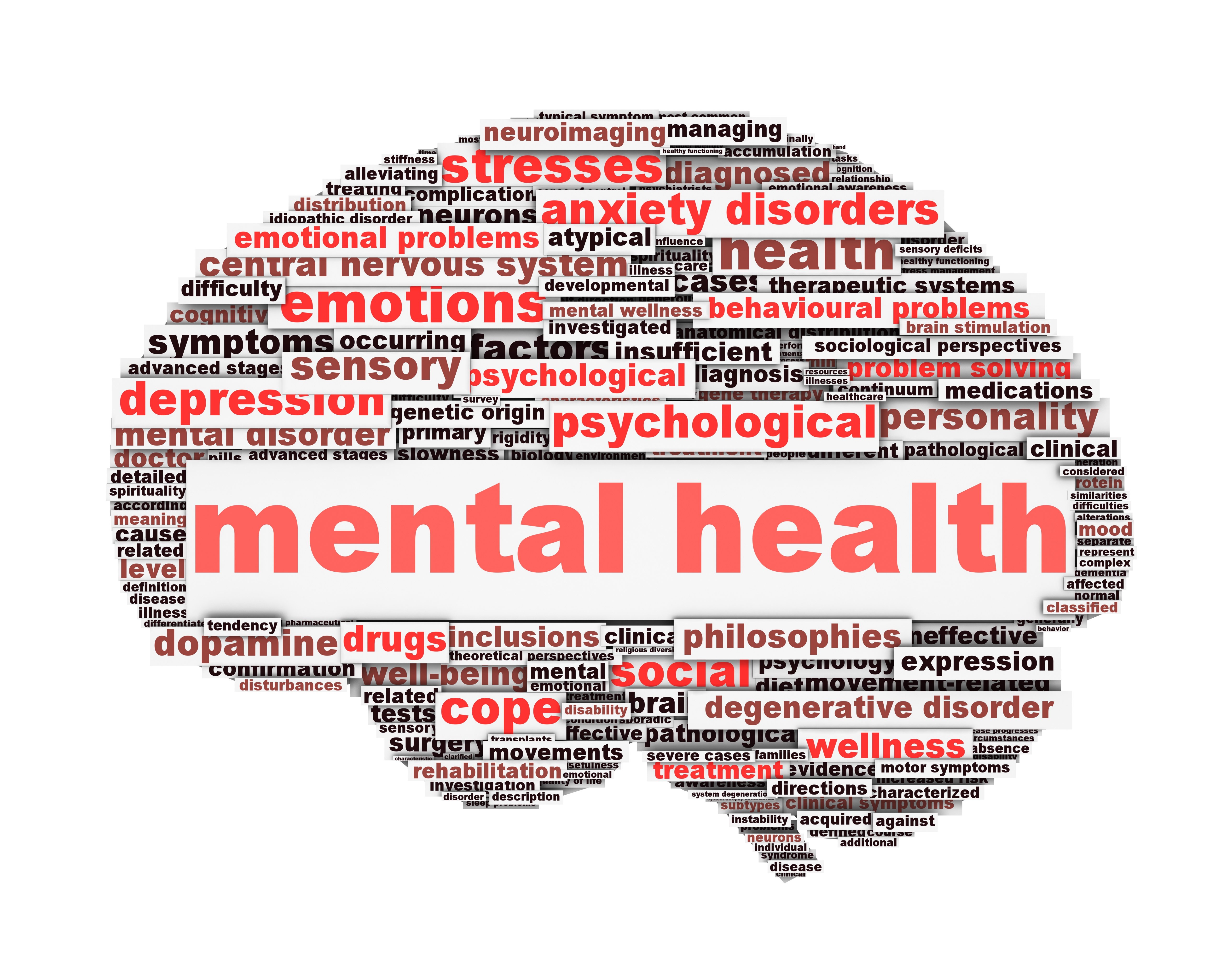Thorough Guide to Inpatient Mental Health Services Options
Comprehensive Inpatient Mental Health Services for Effective Treatment
Inpatient psychological health and wellness services represent an essential part of the health care system, giving a structured and intensive environment for people experiencing serious mental distress. These solutions use a multidisciplinary approach, integrating various evidence-based treatments to deal with the complicated requirements of individuals. Nonetheless, the efficiency of such extensive treatment expands beyond immediate stablizing; it also includes the change to outpatient assistance, an essential stage usually neglected. Discovering the nuances of this continuum exposes significant effects for both private recuperation and wider mental health end results. What elements truly influence this transition, and how can we enhance its performance?
Recognizing Inpatient Mental Health Providers
Inpatient mental wellness solutions offer important assistance for people experiencing extreme psychological distress that can not be taken care of successfully in an outpatient setup. These solutions are developed to use an extensive degree of care in a structured environment, commonly within a health center or specialized center. Clients admitted to inpatient programs commonly show intense signs, such as self-destructive ideation, serious clinical depression, or psychosis, requiring continuous surveillance and intervention.
The admission process typically includes a detailed analysis by psychological wellness professionals, who assess the individual's frame of mind, history, and immediate demands. When confessed, clients take part in a range of restorative modalities tailored to their specific needs, including drug administration, individual treatment, and group sessions. This all natural method intends to stabilize the patient's condition, promote security, and foster coping skills.
Inpatient psychological health services not just address prompt health and wellness concerns however likewise serve as a bridge to continuous care. By providing a regulated atmosphere, these services help with the growth of treatment strategies that can be continued in outpatient setups, therefore making sure a continuum of treatment and boosting long-term outcomes for people with intricate mental health requirements.
Trick Elements of Effective Treatment
Efficient treatment in inpatient mental health solutions comprises a number of vital components that cultivate recovery and stabilization. Most importantly, a thorough analysis is vital to determine the person's particular requirements and obstacles. This assessment notifies the growth of a tailored therapy strategy, which offers as a roadmap for intervention.
Another critical part is the multidisciplinary group approach. Partnership amongst psychiatrists, psycho therapists, nurses, and social employees guarantees that various point of views add to the patient's care, boosting the performance of therapy. Evidence-based healing modalities, such as cognitive-behavioral treatment (CBT) and dialectical actions therapy (DBT), are additionally integral, offering organized techniques that attend to maladaptive idea patterns and behavioral problems.

Lastly, a concentrate on aftercare planning is critical to make certain a seamless shift to outpatient services, minimizing the risk of regression and promoting lasting health. These collective elements create an efficient treatment structure within inpatient mental wellness solutions.
Advantages of Comprehensive Treatment

Detailed care in inpatient psychological wellness solutions provides numerous advantages that substantially boost patient end results. Among the primary advantages is the alternative method to therapy, dealing with not just the emotional signs however additionally the physical, social, and psychological demands of individuals. This comprehensive assessment permits tailored interventions that advertise general well-being.
Another advantage is the integration of multidisciplinary groups, which cultivates partnership amongst medical care specialists. This collective setting makes sure that clients obtain collaborated care, lowering the danger of fragmented treatment and boosting communication amongst caretakers. Furthermore, detailed treatment assists in connection of wikipedia reference services, permitting smooth transitions from inpatient to outpatient settings, which is critical for lasting recovery.

Last but not least, the organized environment of thorough inpatient care gives a risk-free space for people to take part in therapeutic activities, assisting them create coping methods and resilience. Jointly, these benefits add to more reliable treatment and improved lifestyle for people experiencing mental health and wellness situations.
Evidence-Based Healing Strategies
In the world of mental health therapy, evidence-based healing methods play an important role in making certain that patients get efficient and medically sustained interventions. These approaches integrate the most effective available research with medical proficiency and individual worths, fostering a customized therapy experience that resolves private needs.
Cognitive Behavior Modification (CBT) is one of one of the most commonly identified evidence-based approaches, concentrating on identifying and changing adverse idea patterns and actions. This organized technique has actually shown efficiency in treating problems such as anxiousness, ptsd, and depression. Dialectical Actions Treatment (DBT) is especially efficient for individuals with borderline individuality disorder, emphasizing the advancement of psychological guideline and interpersonal performance skills.
Additionally, medication monitoring is frequently an important component of evidence-based treatment, as psychotropic drugs can minimize symptoms and boost general performance. Joint care versions, which include multidisciplinary teams, additionally enhance the effectiveness of inpatient services by ensuring comprehensive examinations and continuous surveillance.
Eventually, the assimilation of evidence-based therapeutic techniques not only advertises favorable scientific end results but additionally equips patients, cultivating a feeling of company and durability in their psychological health and wellness journeys.
Transitioning to Outpatient Assistance
The change from inpatient mental health services to outpatient assistance marks a vital stage in a patient's recovery trip. This duration calls for cautious planning and control to make sure connection of treatment and to minimize the threats of relapse or dilemma. Efficient discharge preparation must commence early in the inpatient stay, entailing a multidisciplinary group that consists of psychoanalysts, psychologists, nurses, and social workers.
Crucial element of an effective shift consist of the development of a thorough aftercare strategy tailored to the individual's particular demands. This you can try this out strategy ought to describe follow-up consultations, medication administration, and healing interventions, in addition to recognize area sources and support system that can promote ongoing healing.
Additionally, client and family members education and learning is vital throughout this phase. Understanding the signs of possible setbacks and the value of sticking to treatment can equip individuals and their support group.
Normal follow-up and reassessment of the outpatient plan are vital to attend to developing obstacles. By promoting a collective connection between outpatient and inpatient providers, the chance of sustained healing increases, eventually improving the patient's top quality of life and decreasing the risk of readmission.

Verdict
In summary, extensive inpatient psychological wellness solutions offer a crucial framework for resolving severe emotional distress with a multidisciplinary method. By incorporating evidence-based therapies, promoting a structured setting, and advertising family involvement, these services enhance treatment performance. The emphasis on security and the development of coping abilities not only help in instant healing however likewise promotes a smoother shift to outpatient care. Ultimately, such thorough care is vital for long-term mental health and wellness.
The admission procedure typically entails a detailed assessment by mental health professionals, who assess the person's mental state, history, and instant needs.Reliable therapy in inpatient mental health services makes up a number of key parts that foster recovery and stabilization.Thorough care in inpatient mental wellness services uses numerous benefits that significantly improve individual results.The change from inpatient psychological health solutions to outpatient assistance notes a crucial phase in a client's recuperation trip.In summary, thorough inpatient mental health and wellness solutions click reference use a crucial structure for resolving severe emotional distress via a multidisciplinary technique.